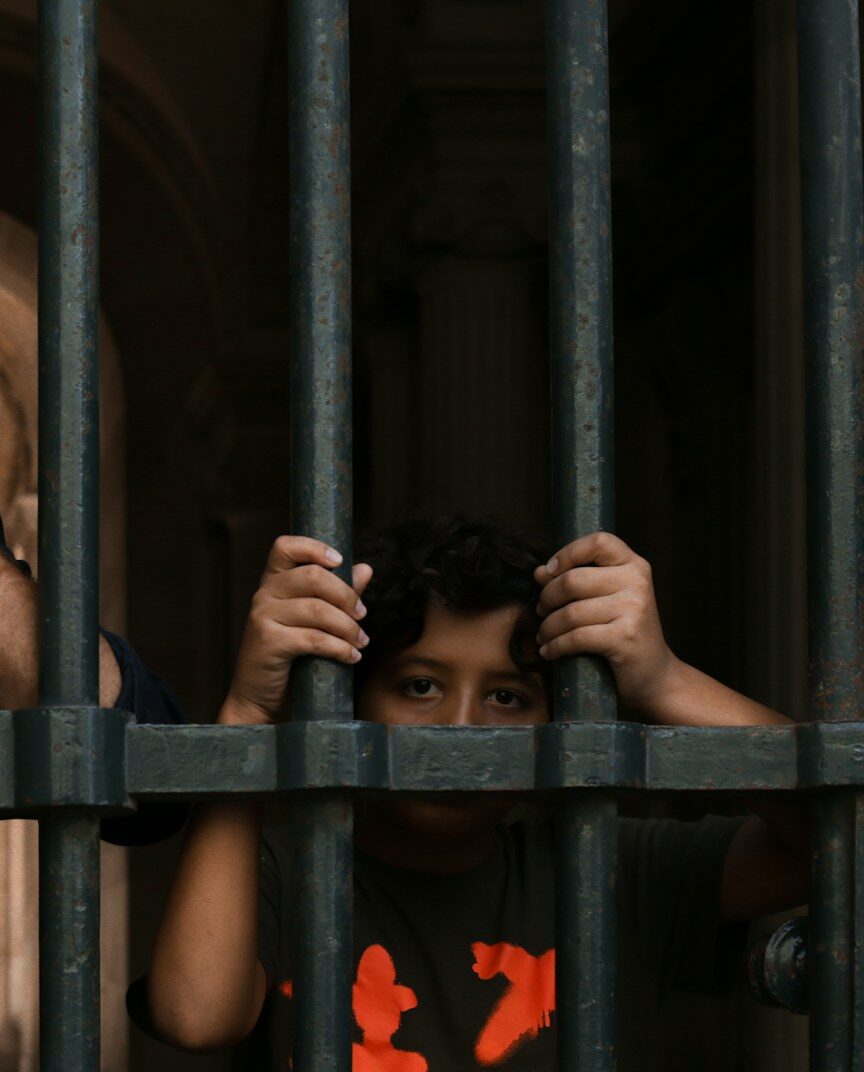Key Takeaways:
– Mexico has refused to allow the U.S. to send detained Mexican migrants to the Guantanamo Bay detention camp in Cuba.
– Mexico’s Foreign Minister, Juan Ramon de la Fuente ensures Mexico will prefer to directly receive its migrants.
– The White House has confirmed the Trump administration had begun taking steps to send detained migrants to Guantanamo.
Mexico Responds to U.S. Migrants Plan
The Mexican government has come forward outrightly rejecting the U.S. government’s plans to transport detained Mexican migrants to the notorious detention camp at Guantanamo Bay, located in eastern Cuba. The emphatic statement came from Mexico’s Foreign Minister, Juan Ramon de la Fuente on a usual Tuesday last week.
Responses Emanate from Mexican Corridors of Power
Having made their decision, Mexican authorities then communicated their position to the U.S. embassy in Mexico. This communication came in the form of a diplomatic note. The Mexican government firmly stated its preference. They would rather welcome back the migrants directly into their homeland than let the U.S. shunt them off to Guantanamo Bay in Cuba.
U.S. Migrant Policy Under the Lens
This response comes in the wake of recent remarks by White House press secretary, Karoline Leavitt. The press secretary shed light on how the Trump administration has begun efforts towards relocating detained migrants. The proposed destination: the contentious Guantanamo Bay detention center.
Somewhat Infamous Guantanamo Bay
Guantanamo Bay, often simply called ‘Gitmo,’ has a chequered history. Known primarily for the detention of terrorism suspects post 9/11, it has often been the center of heated debates globally. A growing number of voices have cried for it to be shut down due to allegations of human rights abuses.
Mexico’s Decision Reflects Wider Debates
Mexico’s stand on its detained migrants not being sent to this controversial facility emphasizes ongoing discussions about migrants’ rights and immigration policy. It took this position considering the welfare of its citizens who had left home in search of a better life.
Further Deciphers for the Audience,
Transporting detained migrants to an isolated detention camp, rather than returning them to their country, may seem a harsh measure to many. It stirs up questions about respect for human rights, dignified treatment, and state responsibility.
Wrapping up
Mexico’s engagement with the U.S. over the future of its detained migrants remains crucial in the grander scheme of things. Pivotal to this discussion remains Mexico’s outright refusal to allow its citizens held in detention to be dispatched to Guantanamo Bay. With such positions taken, the conversation about immigration reform and migrants’ rights is far from over. Possibilities open up as nations navigate the waters of diplomacy, seeking solutions that uphold the dignity and rights of their citizens above all else. The coming weeks and months may see more developments. Until then, the world watches, waits, and hopes for practices that uphold human rights and international law.
